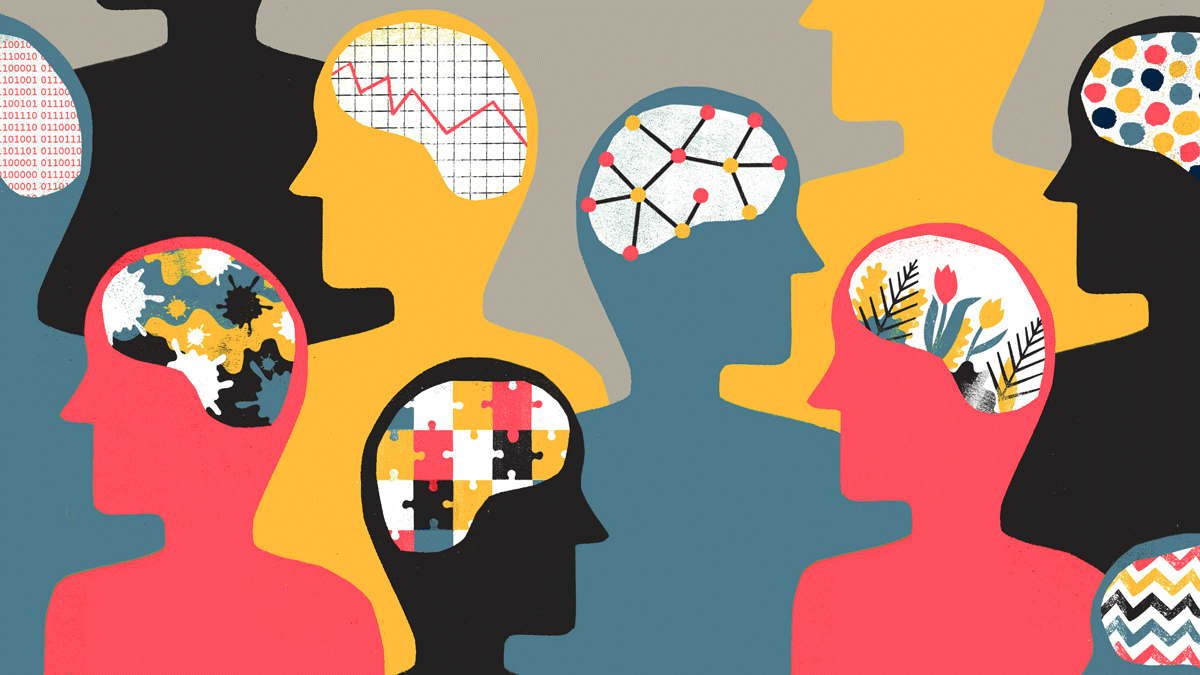A Story of Two Streams: Reinforcement Learning Models from Human Behavior and Neuropsychiatry
Drawing an inspiration from behavioral studies of human decision making, we propose here a more general and flexible parametric framework for reinforcement learning that extends standard Q-learning to a two-stream model for processing positive and negative rewards, and allows to incorporate a wide range of reward-processing biases -- an important component of human decision making which can help us better understand a wide spectrum of multi-agent interactions in complex real-world socioeconomic systems, as well as various neuropsychiatric conditions associated with disruptions in normal reward processing. From the computational perspective, we observe that the proposed Split-QL model and its clinically inspired variants consistently outperform standard Q-Learning and SARSA methods, as well as recently proposed Double Q-Learning approaches, on simulated tasks with particular reward distributions, a real-world dataset capturing human decision-making in gambling tasks, and the Pac-Man game in a lifelong learning setting across different reward stationarities.
PDF Abstract



